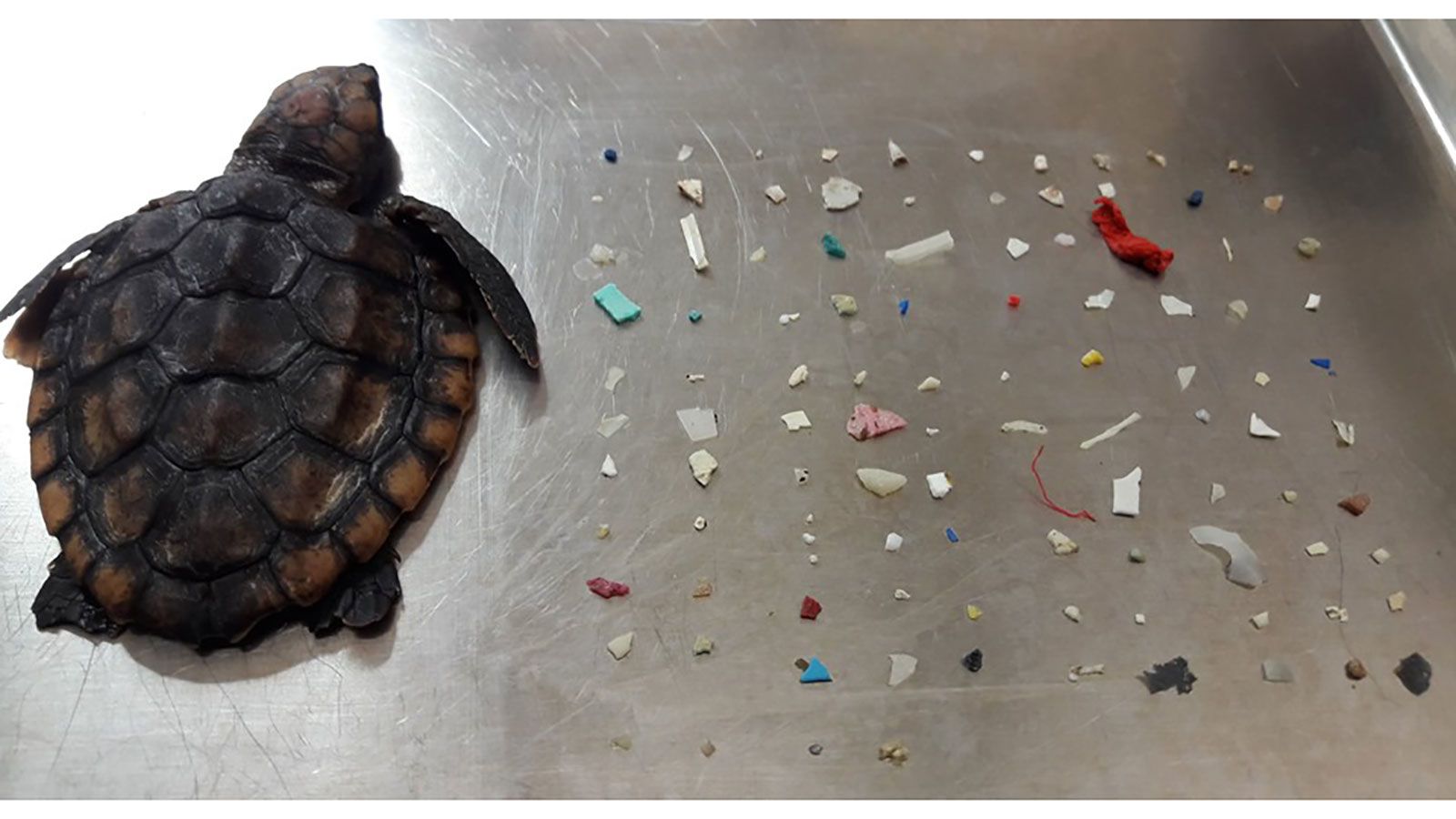To know if your turtle is dying, observe its behavior and physical condition. Signs of a dying turtle include lethargy, lack of appetite, swollen eyes, and difficulty breathing.
It is important to seek veterinary care as soon as possible if you suspect your turtle is unwell. Turtles are fascinating creatures that make great pets. They require proper care and attention to thrive, but sometimes they can fall ill.
As a responsible pet owner, it is important to know the signs of a dying turtle so you can take prompt action. We will discuss the common signs of a dying turtle and what you can do to help your pet. We will also cover some tips on how to prevent your turtle from getting sick in the first place. So, if you are a turtle owner or considering getting one, read on to learn more.
Signs Of A Dying Turtle
When it comes to caring for a pet turtle, it’s important to be aware of the signs that may indicate your turtle is unwell or dying. Recognizing these signs early can help you take the necessary steps to provide the best care for your beloved pet. Here are some common signs of a dying turtle that you should be mindful of:
Changes In Appetite
If your turtle suddenly loses interest in food or has a significant decrease in appetite, it could be a sign of an underlying health issue. Unusual weight loss and refusing to eat are also concerning indicators that your turtle may be unwell.
Unusual Behavior
Pay attention to any unusual behavior your turtle may exhibit. This could include lethargy, excessive hiding, or unresponsiveness to stimuli. Abnormal swimming patterns or floating on the water’s surface for extended periods can also signal distress.
Physical Symptoms
Recognizing physical symptoms of a dying turtle is crucial for providing timely care. By paying attention to their physical condition, you can identify potential health issues and take appropriate action.
Shell Abnormalities
Turtles with abnormal shell conditions, such as cracks, soft spots, or discoloration, may be experiencing health problems. These abnormalities can indicate issues with diet, calcium deficiency, or metabolic bone disease.
Swollen Eyes Or Limbs
Swollen eyes or limbs can be indicative of infections, respiratory problems, or underlying health issues. If you notice any swelling, it’s essential to seek veterinary assistance to address the root cause and provide appropriate treatment.
Environmental Factors
Environmental factors play a crucial role in the health and well-being of your pet turtle. Understanding how these factors can impact your turtle is essential for providing the best possible care. Here are some key environmental factors to consider when assessing the health of your turtle.
Water Quality Issues
Water quality is paramount to the health of your turtle. Poor water quality can lead to a range of health issues, including respiratory infections, skin problems, and shell rot. It is important to regularly test the water for ammonia, nitrites, and nitrates levels, as well as maintaining proper pH levels. Filtration and regular water changes are crucial for maintaining optimal water quality for your turtle.
Incorrect Temperature Or Lighting
Proper temperature and lighting are essential for the overall well-being of your turtle. Incorrect temperature can lead to metabolic issues and weakened immune systems, while inadequate lighting can affect their metabolism and calcium absorption. Ensure that the basking spot provides the right temperature range and that your turtle has access to UVB lighting to support their vitamin D3 synthesis.

Credit: www.cnn.com
Veterinary Care
When it comes to caring for your pet turtle, veterinary care plays a crucial role in ensuring their health and well-being.
Seeking Professional Help
If you notice any concerning signs in your turtle, it is essential to seek professional veterinary help promptly.
Treatment Options
Veterinarians can provide a range of treatment options including medication, dietary changes, and specialized care to address your turtle’s specific health issues.
Emotional Support
Coping With Potential Loss
Accept the situation and allow yourself to feel sad.
Share your feelings with supportive friends or family.
Seek comfort in fond memories with your turtle.
Creating A Comforting Environment
Keep the turtle’s living area clean and comfortable.
Provide adequate warmth, food, and water for your turtle.
Offer gentle interactions and soothing activities.

Credit: m.youtube.com
Preventive Measures
Preventive measures are essential to ensure the well-being of your turtle and to detect any potential health issues early on. By taking proactive steps, you can help prevent the onset of serious health problems and ensure that your turtle enjoys a long and healthy life.
Regular Health Checks
Regular health checks are crucial in monitoring your turtle’s well-being. Inspect the eyes, nose, and shell regularly for any signs of abnormalities. Check for any changes in behavior, such as decreased activity or loss of appetite. Any unusual symptoms should prompt a visit to a veterinarian specializing in reptiles.
Proper Diet And Habitat Maintenance
Maintaining a proper diet is crucial for your turtle’s health. Ensure they are receiving a balanced diet of leafy greens, vegetables, and high-quality commercial turtle pellets. Regularly clean the habitat to prevent the buildup of bacteria and parasites. Maintain a suitable water temperature and provide a basking area for your turtle to regulate its body temperature.
Educational Resources
Educational resources play a crucial role in understanding the health and well-being of your turtle. Learning more about turtle health and being part of online communities and forums can provide valuable insights and support in identifying signs of distress in your pet.
Learning More About Turtle Health
Understanding the signs of a sick or dying turtle is essential for any pet owner. There are numerous online resources and publications available that offer comprehensive information on turtle health, common illnesses, and preventative care. These resources often cover topics such as diet, habitat, and behavior, enabling you to make informed decisions about your turtle’s well-being.
Online Communities And Forums
Online communities and forums dedicated to turtle care provide a platform for turtle owners to share experiences, seek advice, and connect with experts. Engaging with these communities can offer valuable support and guidance when you suspect that your turtle may be unwell. By participating in discussions and seeking advice from experienced members, you can gain insights into identifying symptoms and accessing timely veterinary care for your turtle.

Credit: phys.org
Conclusion
If you notice concerning symptoms in your turtle, seek immediate veterinary care. Monitoring your pet’s behavior and health is crucial for early detection. Remember, timely intervention can make a difference in your turtle’s well-being. Stay observant and proactive to ensure your turtle’s health and happiness.






Leave a Reply